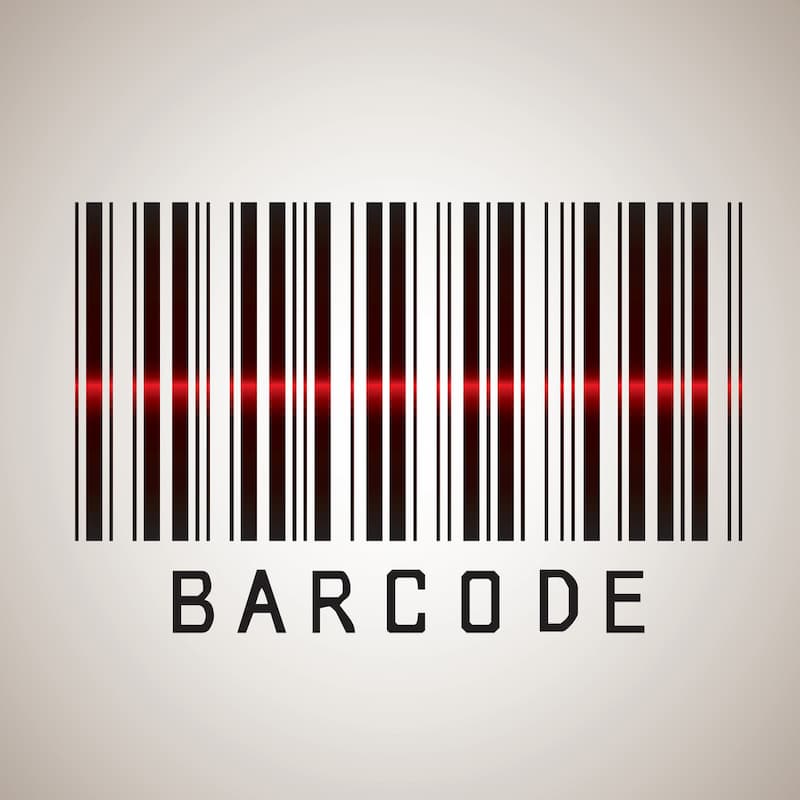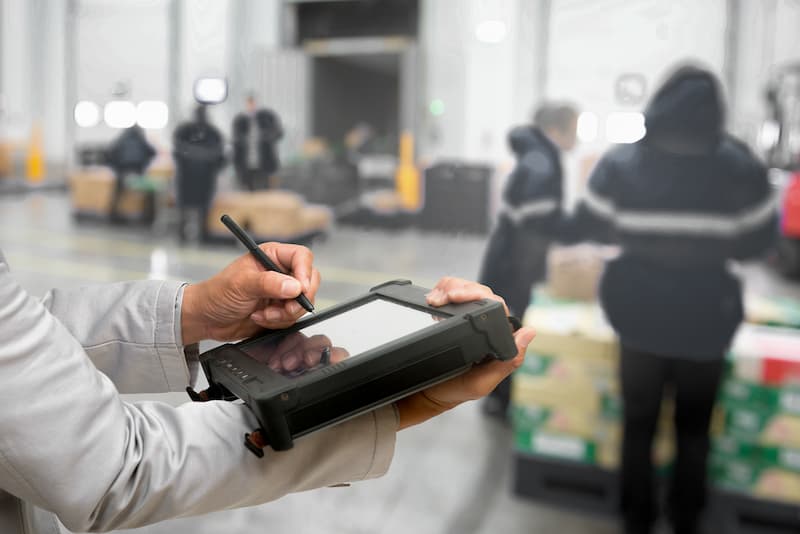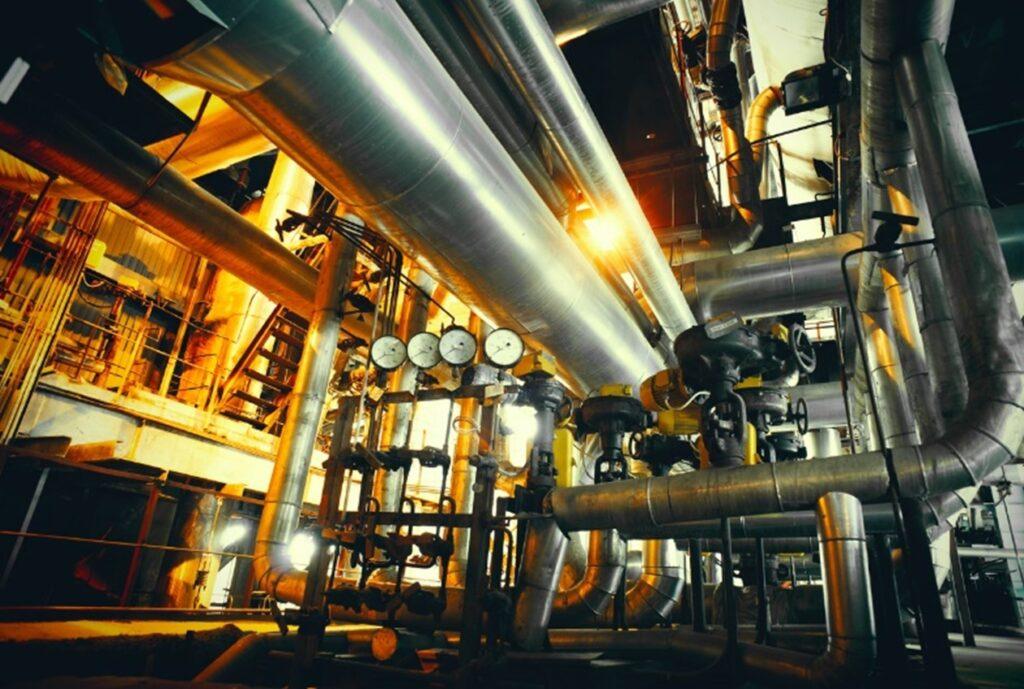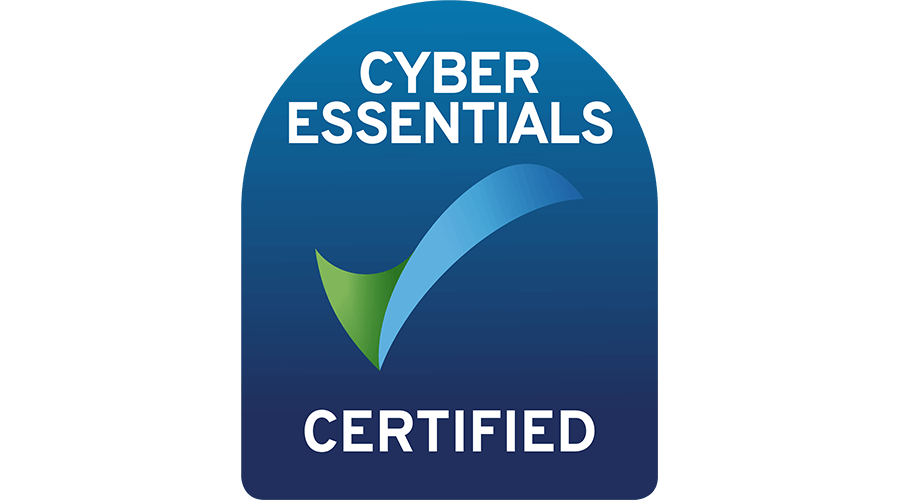Every application has unique requirements, and not every label design suits all. That’s where specialist labels come in. Specialist labels are designed to meet varied applications’ specific demands and ensure organisations use reliable labels that will withstand harsh conditions. Don’t settle for inadequate generic labels.
Read more about our specialist labels below and discover their superior performance and the challenges they overcome.

Cold-Resistant Labels
In cold storage facilities, managing refrigerated environments is paramount. That’s where cold resistant labels excel. Whether you’re in the pharmaceutical, food, or logistics industry, these specialised lab labels are essential for maintaining efficiency and safety.
Cold-resistant labels are designed to withstand extremely cold temperatures without compromising their adhesive properties or readability. They are made using polypropylene or vinyl, which can withstand freezing conditions and maintain integrity.

Where are Cold-Resistant Labels Used?
Pharmaceutical industry: Cold-resistant labels are crucial in tracking and identifying medications stored in refrigerated areas. They ensure accurate inventory management and adhere to strict regulatory requirements.
The food industry: Labelled packaged goods in cold storage warehouses, ensuring proper rotation and minimising waste. These are resistant to moisture and condensation, preventing smudging and smearing.
Cold chain logistics: These organisations rely on cold resistant labels to accurately track and document goods in transit. They provide clear identification and traceability throughout the supply chain, from frozen foods to temperature-sensitive pharmaceuticals.
Laboratory research: Lab sample labels are often used on samples that must be stored in extreme cold. Using cold-resistant labels for this job is a highly effective way to solve this problem.
Benefits of Choosing Cold-Resistant Labels
The benefits of cold-resistant labels extend beyond durability, they include improved readability, ensuring critical information remains visible even in harsh environments. With the capability to withstand extreme cold temperatures, they maintain their adhesion, avoiding the risk of falling off or becoming illegible.
The longevity of cold resistant labels reduces the frequency of label replacements, saving both time and costs for organisations managing refrigerated environments. This means less downtime and increases operational efficiency in environments where label replacement can be challenging due to temperature constraints.
Heat-Resistant Labels
Heath-resistant labels are crucial for maintaining organisation and efficiency in abnormally hot environments. The materials used in heat-resistant label production are carefully selected to ensure durability and resistance to heat. Common materials include polyester, polyimide, or metallised film, which can withstand high temperatures without warping or degrading. High-performance adhesives, such as silicone or acrylic-based adhesives, ensuring they remain securely attached in hot environments.

Where are Heat-Resistant Labels Used?
These labels are designed to withstand extreme temperatures without compromising readability or adhesive performance.
Automotive and aerospace industry: Extreme heat environments where heat resistant labels are crucial include automotive automotive labels in manufacturing plants. Additionally, these labels will withstand the extreme temperatures faced during spacecraft re-entry or within jet engines.
Electronic circuit boards: Heat-resistant labels are essential to circuit board creation. During the manufacturing process, various board components must be heated to high temperatures, which can cause regular labels to melt or become illegible.
High-temperature cleaning in labs: High-temperature cleaning is crucial in labs to ensure cleanliness and safety. When subjected to elevated temperatures, regular labels may melt or become illegible, compromising accurate identification. This is where high-temperature labels prove valuable. Specifically designed to withstand extreme heat, these labels maintain their legibility and adhesion even during rigorous cleaning.
Manufacturing and industrial facilities: They are used here for equipment identification and safety instructions in manufacturing facilities, where machinery generates intense heat.
The Benefits of Choosing Heat-Resistant Labels
They are resistant to fading, ensuring important information remains legible over time. These labels withstand melting, preventing any distortion or loss of readability, even in the hottest environments. Additionally, the adhesive used in heat-resistant labels resists failure, ensuring that labels stay securely attached and don’t peel off due to heat exposure.
Chemical-Resistant Labels
Chemical-resistant labels are an effective barcode solution for organisations needing to organise and handle chemicals safely. These effective labels are designed to withstand exposure to harsh substances without fading or deteriorating, ensuring the crucial information remains visible and legible.

Where are Chemical-Resistant Labels Used?
For organisations handling hazardous chemicals, chemical-resistant labels are crucial for maintaining safety, regulatory compliance, and efficient operations.
Industrial environments: In extreme chemical environments, such as chemical manufacturing plants or laboratories, chemical-resistant labels are necessary. These labels endure exposure to corrosive substances, acids, solvents, and other hazardous materials while maintaining their legibility and adhesive strength.
Automotive Labels: These labels are designed to withstand exposure to various chemicals, such as engine fluids and solvents, that are typically found in engine compartments. By using chemically resistant labels, manufacturers can ensure that important information, such as part numbers, serial numbers, or safety warnings, remains visible and legible, even in harsh chemicals.
The Benefits of Choosing Chemical-Resistant Labels
These effective labels resist harsh chemicals, preventing the label from deteriorating or dissolving when in contact with these substances. They are designed to withstand solvents, ensuring important information remains visible. These labels also resist abrasion, protecting them from physical damage in challenging environments.
These labels provide durability, legibility, and longevity in extreme chemical environments, giving peace of mind and minimising the risk of accidents or miscommunications.

Specialist Labels from GSM Barcoding
With over 40 years of experience, we at GSM Barcoding understand the unique requirements of the asset tracking labels organisations need throughout these sectors mentioned and many more. Our label printing devices are of superior quality and offer several benefits over the competition. Our specialist labels provide fast printing speeds, improved resistance to smudging and scratching, increased print-head life, and excellent edge definition.
You can trust our label printing devices to deliver high-quality, long-lasting labels that meet your requirements. Contact us today and let us be your partner in barcode asset tracking solutions. Together, we can take your organisation to new heights of efficiency and success with our reliable barcode labels.


















